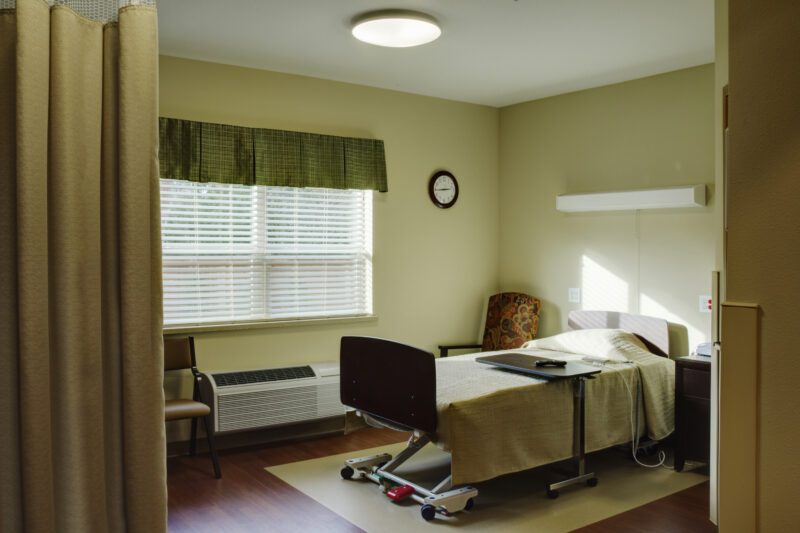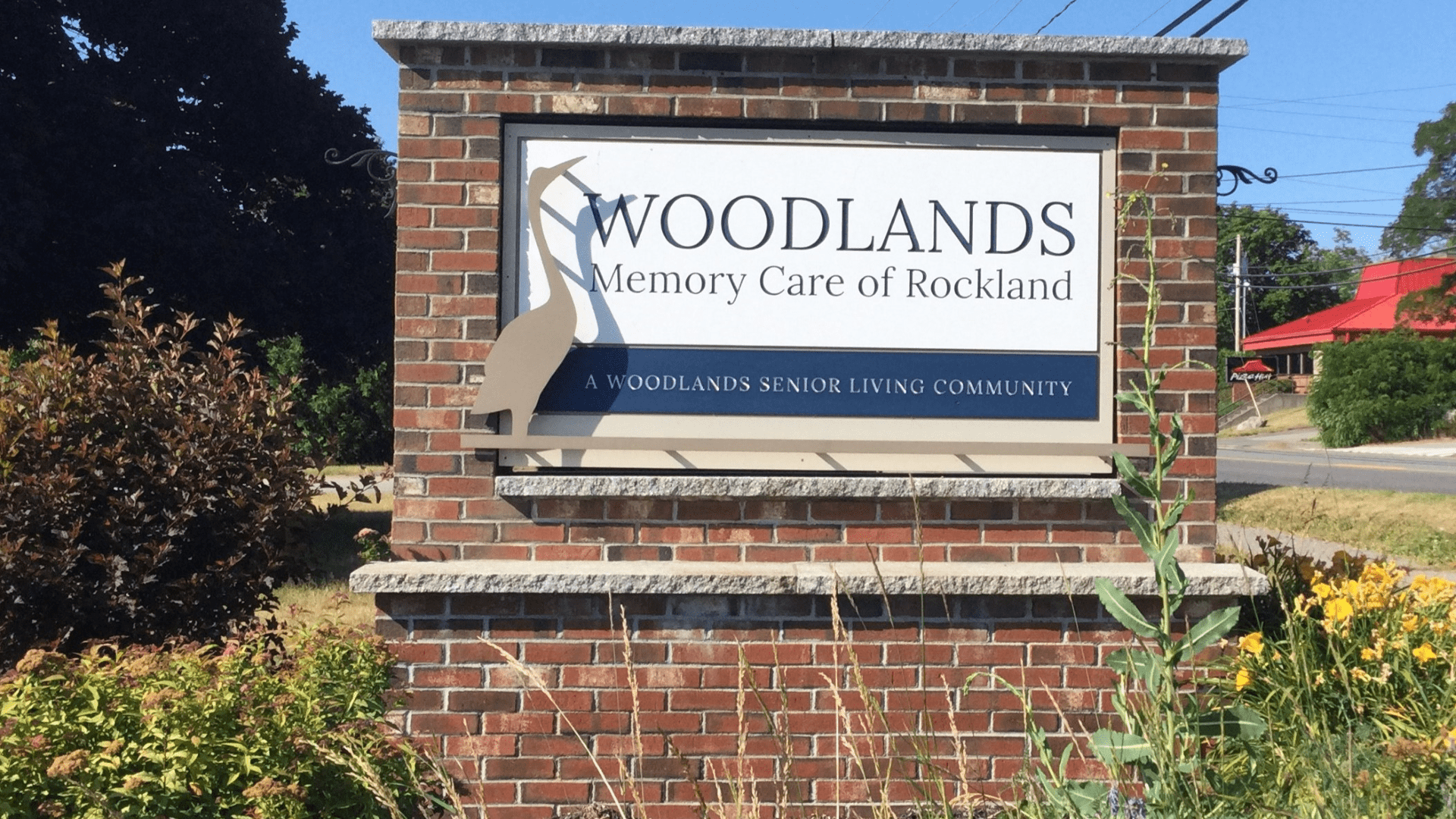The Maine Monitor recently published the second part of its investigation with ProPublica into the state’s oversight response to serious incidents of abuse and neglect in Maine’s Level IV residential care facilities.
The Maine Department of Health and Human Services cited residential care facilities for dozens of resident rights violations and hundreds of other deficiencies — but imposed only one fine in response.
Here are four takeaways:
Serious abuse and neglect cases
From 2020 to 2022, Maine DHHS cited Level IV residential care facilities for 59 resident rights violations — which include cases concerning abuse and neglect — and about 650 additional violations involving anything from medication and record-keeping errors to unsanitary conditions and missed mandatory training sessions.
Maine has roughly 190 Level IV residential care facilities, which resemble what are generally known as assisted living facilities. They provide less medical care than nursing homes but more homelike alternatives for older Mainers.
Analysis of state inspection and investigation documents by The Maine Monitor and ProPublica found the following examples in which DHHS cited facilities for resident rights violations:
• A resident with a well-documented severe peanut allergy was served a peanut butter sandwich for lunch. Staff used an EpiPen to treat his anaphylactic shock and took him to the hospital. He died days later, though no official records were made available that show the cause of death.
• A resident was found to have sexually abused another resident multiple times.
• A certified nursing assistant slapped a resident who had spit at and attempted to bite her.
In each case, the state required the facility to submit a report, called a plan of correction, stating how it intended to address the deficiencies. But the state did not impose a fine or conditional license.
State oversight response
DHHS has the power under state regulations to impose a fine of up to $10,000 or issue a conditional license to bar facilities from accepting new residents for up to 12 months.
Despite hundreds of regulatory violations from 2020 to 2022, the state imposed a fine only once: a $265 penalty against a facility for failing to comply with background check rules for hiring employees.

The state issued four conditional licenses: three in response to administrative or technical violations and one in response to a variety of issues, including a violation of a resident’s privacy rights.
In a statement, a DHHS spokesperson said the state is considering rule changes in the long-term care system to “establish fines and sanctions as more meaningful deterrents,” but declined to elaborate on the specifics.
Nursing home penalties
During the same time period, more than half of Maine nursing homes were fined, totaling nearly $700,000.
The fines were sometimes for incidents that mirrored those in residential care facilities that didn’t receive any additional sanctions. For example, a nursing home was fined $41,000 after an employee hit a resident.
Residential care facilities are not intended to provide the same level of medical care as nursing homes. In fact, the state considers residential care facilities to be “nonmedical institutions.”
But the first part in this series found that the state’s decision in the mid-1990s to tighten the requirement to qualify for nursing home placement helped spur thousands of older Mainers, many with significant medical needs, to move to these nonmedical facilities.
As a result, Level IV facilities are routinely called on to provide medical care despite being subject only to state regulations that hold them to much lower minimum staffing, nursing and physician requirements than nursing homes, which face state and federal scrutiny.
State taking “no action”
The Maine Monitor and ProPublica also analyzed a database of incidents reported to the state by Level IV facilities themselves, which is required when a regulatory violation may have occurred or when a resident’s safety was put at risk.
From 2020 to 2022, the state received more than 550 reports of abuse and neglect incidents from Level IV facilities, according to the Monitor and ProPublica analysis.
In nearly 85% of these incidents, state investigators took “no action,” which means the health department decided not to investigate.
The analysis also shows that even when facilities repeatedly reported similar problems, DHHS did not step up its enforcement.
From 2020 to 2022, 13 Level IV facilities each had at least 10 abuse and neglect incidents, collectively reporting 348 cases to the state. Even after these facilities reported multiple cases, the health department took no action in 91% of them, the analysis shows.
Woodlands of Rockland had the highest number of abuse incidents reported by a Level IV facility — 48 in all, including 38 in which a resident abused another resident, according to the health department database.
A spokesperson for Woodlands Senior Living denied the Rockland location had “an ongoing or systemic problem” with abuse incidents and said the bulk of the cases involved a small number of residents “whose progressively worsening dementia-related behaviors became more and more challenging.”







